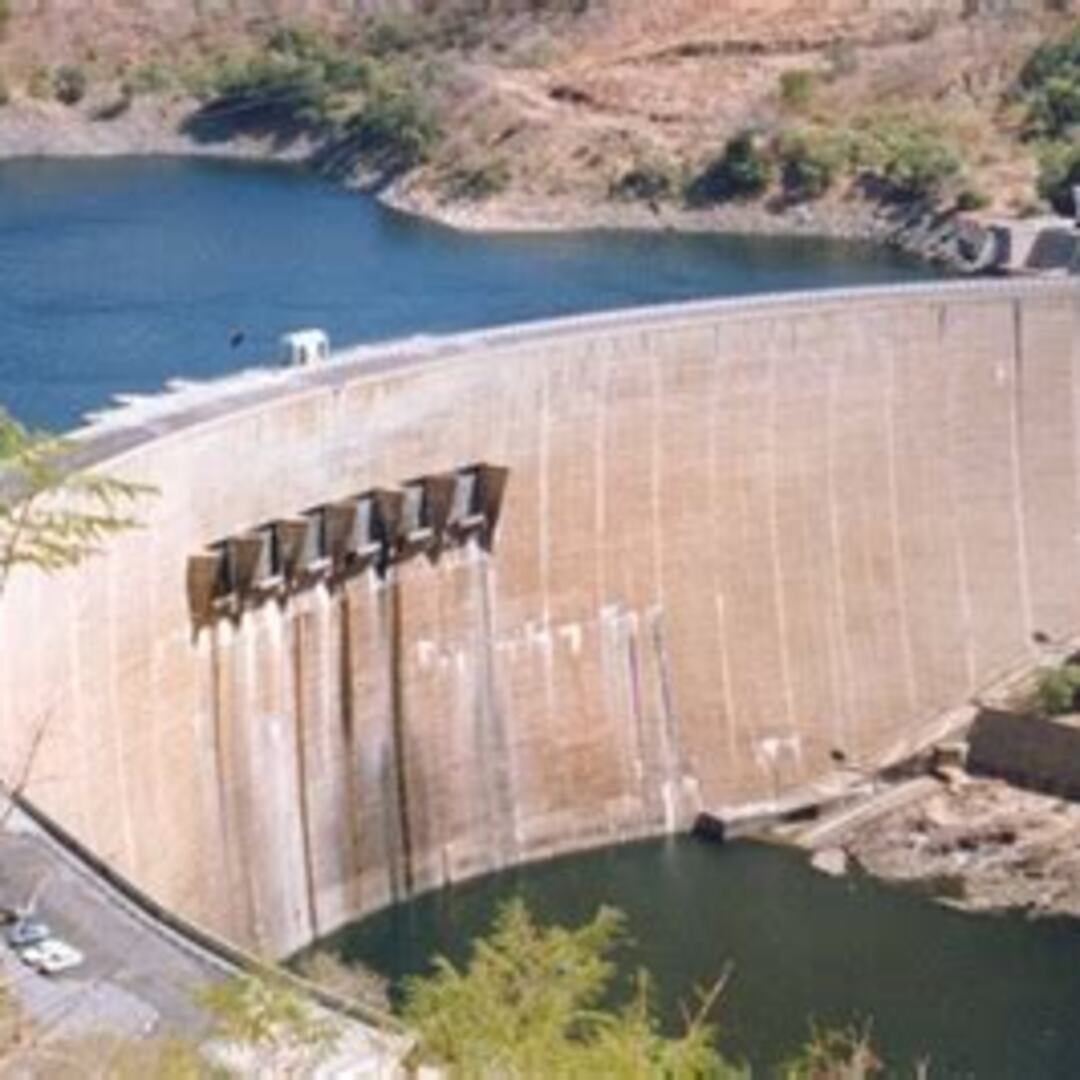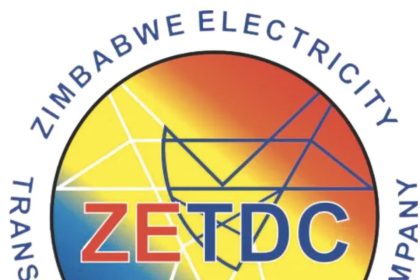Electricity is one of the most essential services that drive the economic and social lives of people. Despite the promises of minimal load shedding from Zimbabwe Electricity and Transmission Distribution Authority (ZETDC) and the Ministry of Energy and Power Development, since the beginning of winter, Zimbabwe has been characterized by unscheduled load shedding. This load shedding is unleashing a heavy load on the majority and is getting worse by the day. It is disrupting small scale and large-scale businesses; the communication of people as mobile services is affected; security threats and traffic disruptions.
About two months ago, the Energy and Power Development Minister Edgar Moyo promised that load shedding hours will be minimal as compared to previous years. Previously, Zimbabweans have experienced load shedding of a merciless 18 hours per day. According to the Minister of Energy and Power Development, this was due to high consumption commercial, domestic and wheat farmers. The promise of load shedding being “minimal” ushered in a new hope, however, the vagueness of “minimal” is concerning as the load shedding hours seem to be increasing by the day.
In an interview with Sunday Mail, Minister Moyo promised that load shedding would surely be minimized due to the commissioning of new generation units at Hwange Thermal Power Station, contribution from independent power producers (IPPs), the optimization of power generation at Kariba dam and imports. He said;
“We have made several plans to ensure that the winter supply situation is better than expected and we are not expecting to exceed stage one load shedding despite the power crisis in the region.
We are anticipating reduced load curtailment owing to maximum generation at the Hwange Units 7 and 8 which are constantly producing over 600MW; Hwange units to 6 are performing fairly well producing an average of 300MW from the enhanced maintenance and prioritization of critical spares”
The Minister went on to assert that they have several import arrangements with their counterparts and Zimbabwe Electricity Transmission and Distribution Company (ZETDC) will be actively involved in Southern African Power Pool (SAPP) Day Ahead Marketing to access any excess power from the region.
Zimbabwe Electricity Supply Authority (ZESA) general manager (stakeholder relations) George Manyaya explained that stage one simply means power cuts will be minimal and also promised that it will be different from the 18 hours people used to endure. He said;
“Load shedding will be minimal, maybe four to six hours a day. This is different from the 18 hours a day people used to endure. However, the country will have minimal load shedding compared to other countries in the region.”
However, most of the cities in Zimbabwe are experiencing long load shedding hours with power cuts starting from as early as 5am up till 10pm. The majority of small-scale business people and large-scale businesses are being severely affected.
Zimbabwe’s Neighbors
The load shedding hours are very concerning, not only in Zimbabwe but neighboring countries such as Zambia as well. With effect from Monday, March 11, 2024, Zambia Electricity Supply Corporation Limited (ZESCO) Managing Director Victor Mapani has said that the business will implement an 8-hour daily load shedding program in Zambia. The decision was made after a careful evaluation of the water levels in the Zambezi and Kafue basins.
In a press statement issued on Friday, 24 May 2024, the Zambia Minister of Energy stated that “Further, after a critical review of the load management measures and low water levels in our major reservoirs, a decision was made to extend the daily hours of load shedding from Eight (8) hours to Twelve (12) hours, staggered in periods of Six (6) hours each day to ensure that power supply is available until the end of the year. The extension of 12 hours load shedding took effect on Monday, 20th May 2024”
South Africa also has challenges with the supply of electricity. Electricity Minister Kgosientsho Ramokgopa warned that load shedding was not a thing of the past and that Eskom will experience setbacks in the future.
“We are still working on the reliability of Eskom’s generating units, and that’s why you can’t speak with great confidence that load shedding is behind us,” he said.
It is clear that governments have to implement strategic and sustainable measures to reduce load shedding. Citizens also have to adopt alternative energy sources like gas stoves and solar water heaters. Additionally, using energy-efficient appliances can help lessen the strain on the national grid.
By Mathew M.T Magwarada










